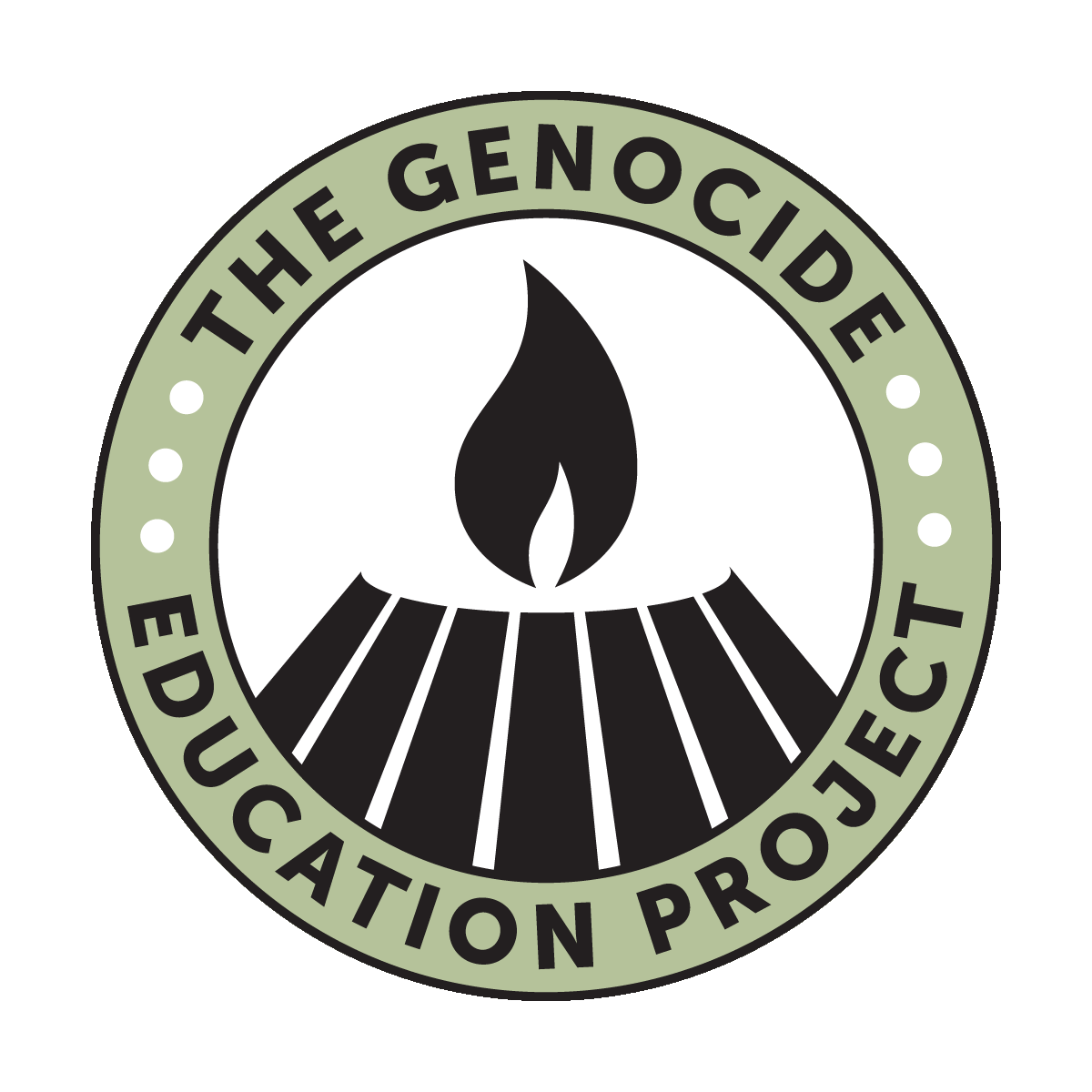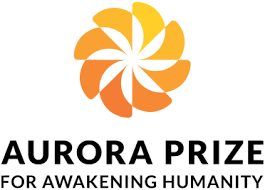
At 11:00 a.m., on May 23, 2012, on the initiative of the Armenian Genocide Museum-Institute and with the support of the U.S. Embassy in the Republic of Armenia commemorative events dedicated to Clara Barton, the founder of the American Red Cross and a great humanitarian will take place at the Armenian Genocide Museum. Hayk Demoyan, the Director of the Armenian Genocide Museum-Institute, John Heffern, the U.S. Ambassador to Armenia, Ashot Hovakimian, Deputy Minister of Foreign Affairs of RA and Kevin Patti, American historian representing Clara Barton National Historic Site will make remarks during the event.
The commemoration event includes the presentation of the English and Armenian editions of Clara Barton’s “American Relief Expedition to Asia Minor under the Red Cross” report. The translation and publication of the Armenian edition of the report was made possible through the support of the U.S. Embassy in Armenia.
The AGMI Scientific Council decided to issue a Clara Barton Golden Medal under the “Gratitude” nomination to award individuals and organizations for their humanitarian support and for strengthening Armenian-American friendship.
The AGMI will also house a temporary exhibition in honor of Clara Barton.
Guests will receive memorial postcards issued on the occasion of Clara Barton’s 190th anniversary.
The event will conclude with ceremonial burial of the soil from the Clara Barton’s grave and placing of the memorial plaque at the Memorial Wall of Tsitsernakaberd Memorial Complex.
Clara Barton Founder and Chairperson of the American Red Cross was born in 1821 in Oxford, Massachusetts.
Clara Barton became known as the “Angel of the Battlefield” for her humanitarian activities during the American Civil War.
Learning about the extensive massacres of Armenians in 1895-1896 in the Ottoman Empire, in 1896 Clara Barton arrives in Constantinople and coordinates the relief aid distribution to the survivors of the massacres and homeless people for about a year.
Thanks to Clara Barton’s efforts Armenian survivors of the massacres were provided with shelter, food, medicine and clothing. Due to many obstacles created by the Ottoman authorities Clara Barton was forced to leave the Ottoman Empire and return to the U.S.
At the end of 1896 Clara Barton together with her colleagues published a report of their humanitarian activities in the Ottoman Empire.





